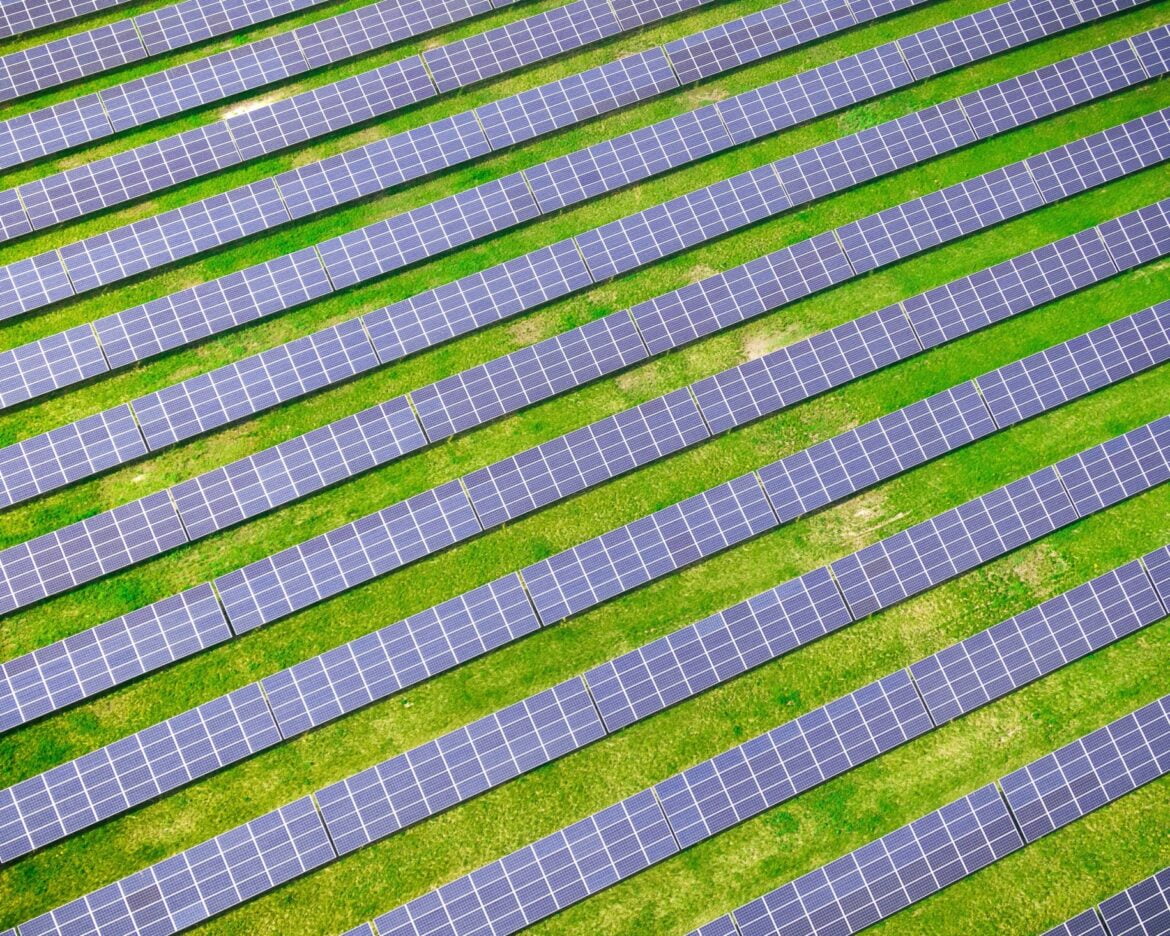The International Renewable Energy Agency (IRENA) has reaffirmed findings from the IEA last month that the world risks missing the tripling renewables 2030 target pledged at COP28.
According to the Renewable Energy Statistics 2024, in order to stay on course, the world now needs to grow capacity at a minimum 16.4 per cent rate annually through 2030.
Last year, renewables grew at a record pace, with a 14 per cent increase in renewable capacity. However, if this rate were to continue, IRENA warns that the world will fall 1.5 TW short, missing the target by 13.5 per cent.
The report also outlines that last year’s growth established a 10 per cent compound annual growth rate. If this were to be maintained, the world would miss the target by almost one-third.
The geographical disparity in capacity was also highlighted, with Asia holding its lead position in renewable power generation with 3,749 Terawatt hours (TWh), followed by North America.
South America was also highlighted for its progress, with an increase of nearly 12 per cent to 940 TWh, as a result of hydropower recovery and a greater role of solar energy.
However, Africa saw a growth of 3.5 per cent in 2022, bringing its renewable power generation to 205 TWh.
“Consolidated global figures conceal ongoing patterns of concentration in geography. These patterns threaten to exacerbate the decarbonisation divide and pose a significant barrier to achieving the tripling target,” said IRENA Director-General Francesco La Camera.
Adding: “Renewable energy has been increasingly outperforming fossil fuels, but it is not the time to be complacent. Renewables must grow at higher speed and scale.”
La Camera urged that “concrete policy actions” and massive mobilisation of finance at “full speed” are required.
HE Dr Sultan Al Jaber, COP28 President, said the report is a “wake-up” call for the entire world, and called for increased collaboration between governments, the private sector, multilateral organisations, and civil society.
“Governments need to set explicit renewable energy targets, look at actions like accelerating permitting and expanding grid connections, and implement smart policies that push industries to step up and incentivise the private sector to invest,” said HE Dr al Jaber.
Adding: “Additionally, this moment provides a significant opportunity to add strong national energy targets in NDCs to support the global goal of keeping the 1.5°C target within reach. Above all, we must change the narrative that climate investment is a burden to it being an unprecedented opportunity for shared socio-economic development.”



